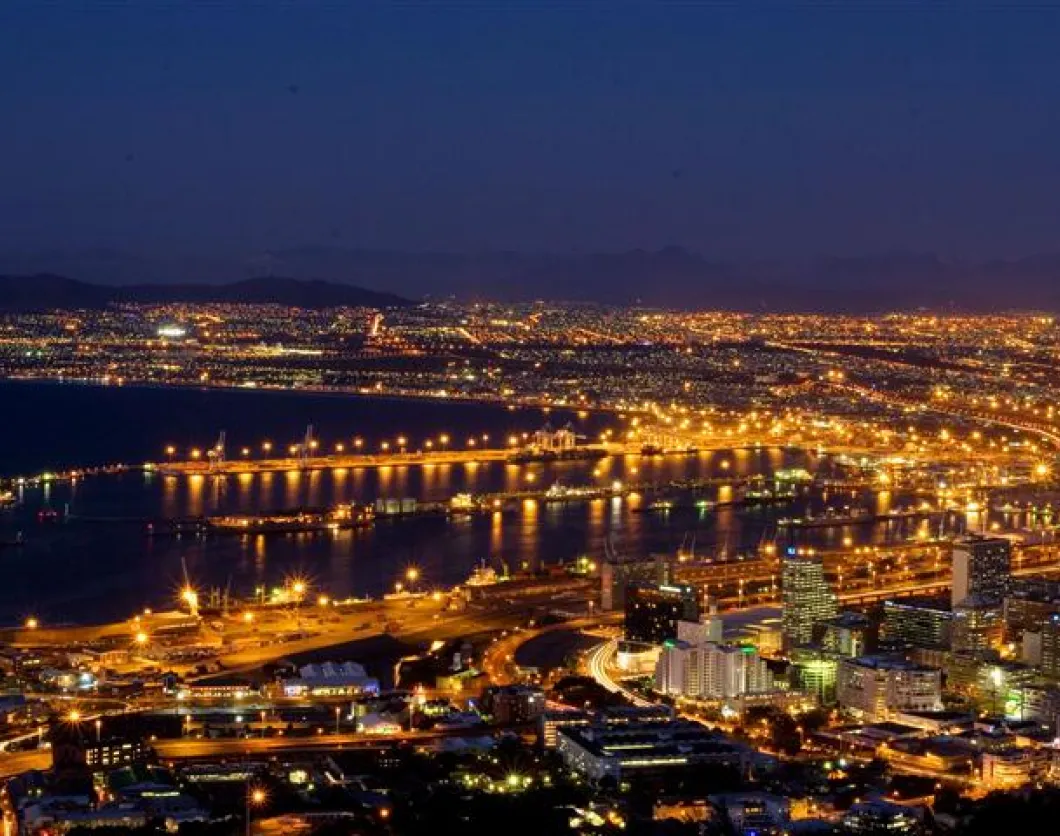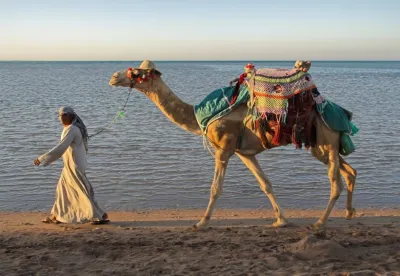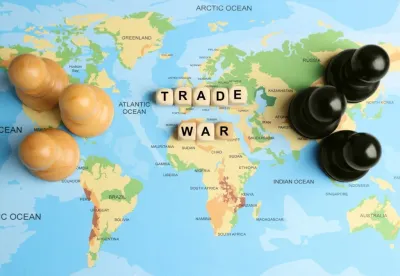According to Euromonitor International, in 2008, the South African economy continued to decline as the credit crunch deepened in to what many believe to be an impending recession that will last well into 2010, possibly longer. The decline comes as part of the economic cycle and the fact the South African economy has shown unprecedented growth since 2002. It is understood that no economy can grow indefinitely, but the question looms as to the severity of the current economic decline. Debt is at an all-time high in South Africa which significantly affects consumer disposable income and retail good sales including volumes within the tourism industry. Furthermore, with the new national credit act having come into full affect, consumer access to credit has declined drastically in 2008.
Global Economy Slows down Tourist Spending
The global credit crunch and slowdown in the global economy affected incoming tourist receipts dramatically in 2008. This was largely due to a lack of disposable income as a result of severe levels of debt in many developed countries around the world, although the volume of tourists remained positive, tourism spending declined dramatically. Unfortunately, as the global recession deepens, it is likely that the South African tourism industry will be further affected. Furthermore, consumers in more developed countries are tending towards being thrifty and trying to save their money rather than spend it on foreign holidays.
"Tourist" Needs to Be Redefined
There is a major definitional question as to what defines a tourist in South Africa. Apparently South Africa's biggest volumes of international tourists come from countries such as Lesotho, Botswana, Zimbabwe and Mozambique. However what appears to be happening is that economic refugees are coming into the country on the tourist visas and then staying there so as to escape the problems they face in their home country. Furthermore, in the case of Lesotho for example, many citizens in fact work in South African mines, and the money they are spending in the country is not tourist income but rather should be counted as GDP as it is not foreign money.
Internet Bookings Fuel Low Cost Carriers
According to Euromonitor International, the internet exploded onto the South African market over the last five years period. This has been very advantageous for the domestic tourism industry with regards to on-line bookings. Household penetration of broadband internet is at an all-time high and has almost become a household necessity among middle- and upper-income consumers. This has spurred development in web pages and on-line booking systems which have been utilised particularly well by the low-cost carrier and airline industries. It is likely that this will become the main way to book flights in the future.
Gearing up for 2010
There is no question that the focus of the South African tourism industry in the next few years will be the FIFA World Cup. The entire tourism industry has been preparing itself for this single event to take place in July 2010. In this year, the South African government expects approximately 250-to-300,000 international tourists. However, a question still looms as to whether it will suit South Africa to host the event or not and whether it will be beneficial to the economy. Germany is the only country in the history of the World Cup to break even and it is unlikely that South Africa will do the same. It may simply prolong the effects of the global economic crisis for a year or two more.
(Extract from Euromonitor International’s report “Travel and Tourism in South Africa”)









